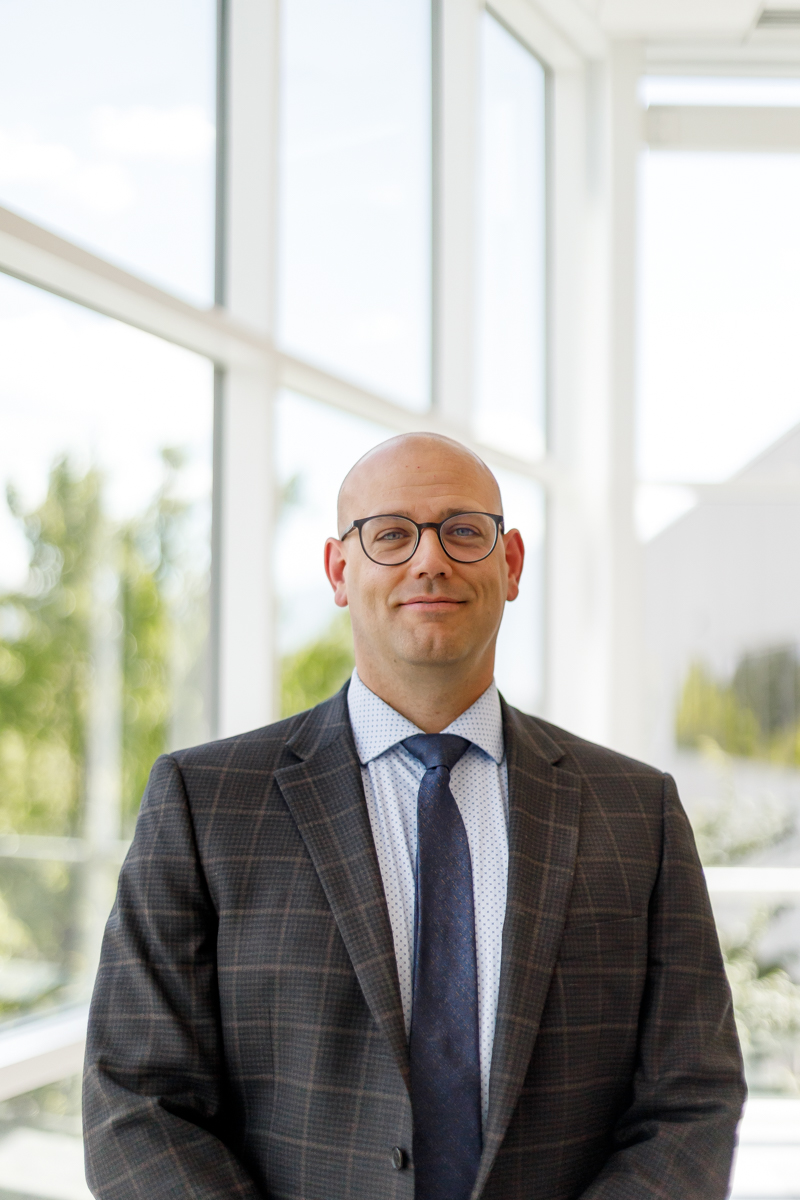
Kyle Bills, DC, PhD
Associate Dean of ResearchDr. Bills is a researcher, clinician, inventor, and published author. He holds a Ph.D. in Neuroscience from Brigham Young University in Provo and a D.C. from Parker University in Dallas. He completed a post-doctoral fellowship at Brigham Young University, funded by the NCCIH division of the National Instituted of Health and an internship at the Dallas VA Medical Center. His clinical and research work focus on chronic migraine, traumatic brain injury, opioid-use disorder, and artificial intelligence. Dr. Bills is certified in manipulation under anesthesia, is an Industrial Disability Evaluator, a Qualified Medical Evaluator, and has served as a subject matter expert for both the State of California and Utah in Physical Medicine and Chiropractic. Dr. Bills works regularly as an expert witness in legal cases involving neurotrauma. Dr. Bills holds affiliate and adjunct faculty appointments in the Department of Psychology at BYU, Clinical Neuroscience at Parker University, Neuroscience in the College of Medicine at Roseman University, and Research at Rocky Mountain University. He has taught and developed courses in physiology, neuroanatomy, neurobiology, neurology, sensorimotor integration, and manual medicine.
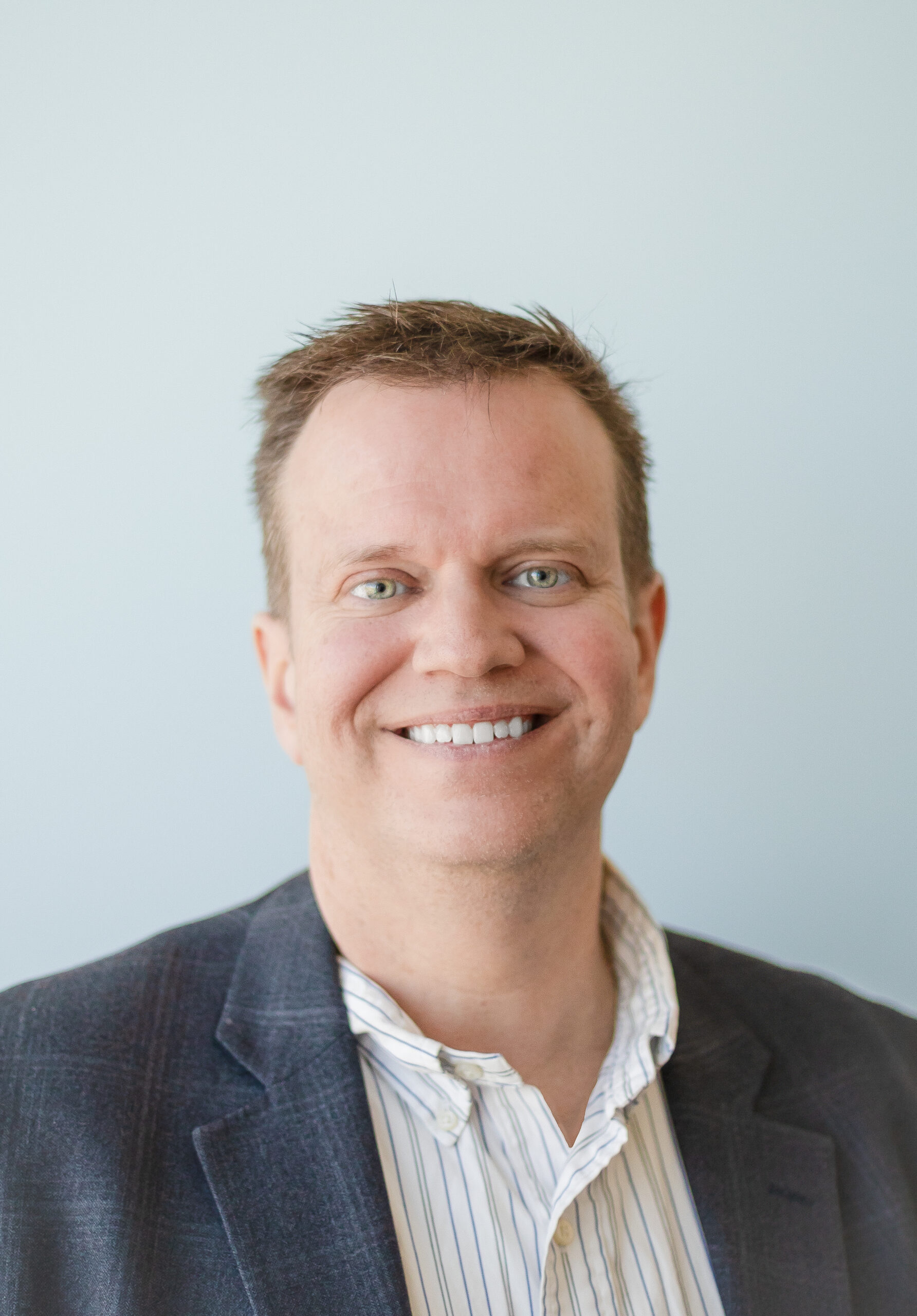
John A. Kriak, PharmD
Sr. Director, Biomedical Research & Sponsored Programs; Assoc. Prof., PharmacologyDr. Kriak’s laboratory focuses on the integration of Pharmacogenomics and AI technology in conjunction with existing patient data to improve medication response rates and treatment outcomes. We also focus on addressing existing gaps in healthcare data utilization and ways to facilitate better healthcare delivery.
Email:jakriak@noordacom.org
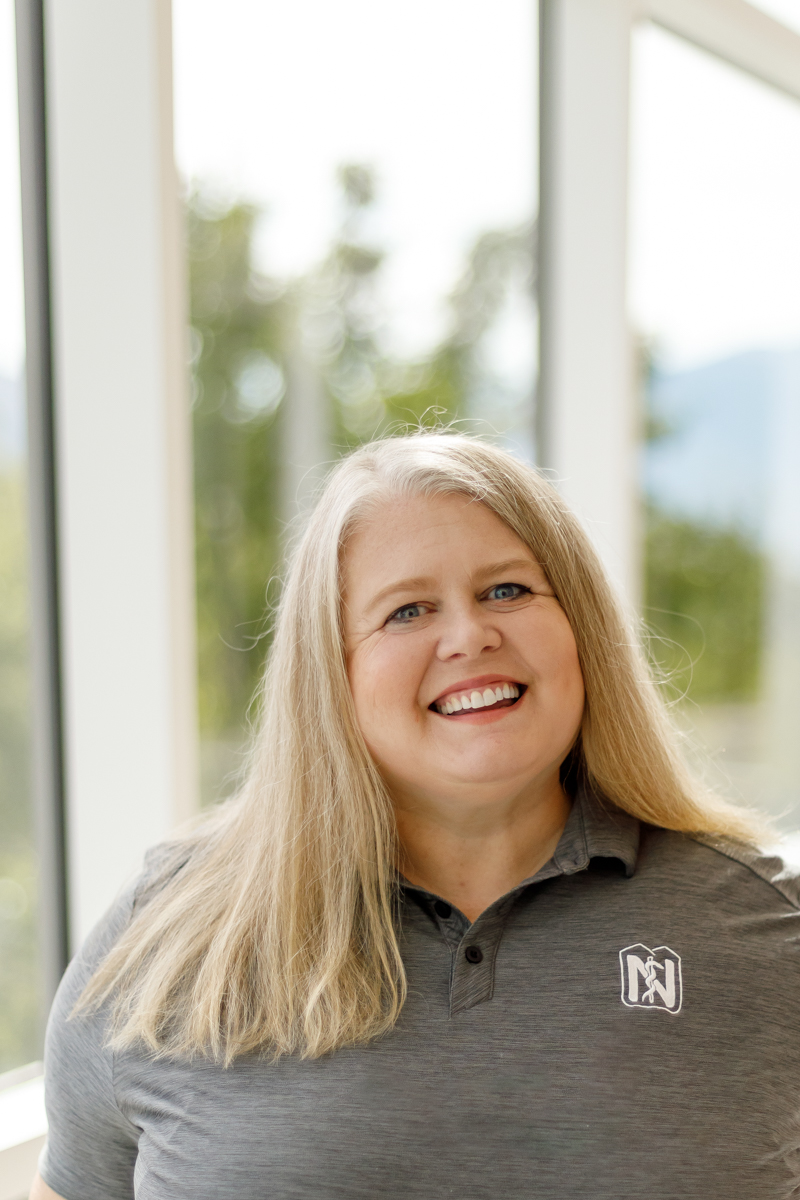
Analane Powell
Senior Administrative AssistantAnalane Powell is a graduate of Utah Valley University and is the Noorda-COM Senior Administrative Assistant to Academic Affairs and the Department of Research. Ms. Powell has over 25 years of experience as an administrative assistant and has spent most of her career in higher education. Ms. Powell was recognized nationally when she received the 2022 All-Star Hall of Fame Award from Office Ninjas’ for being one of the five highest performing administrative assistants in the United States.
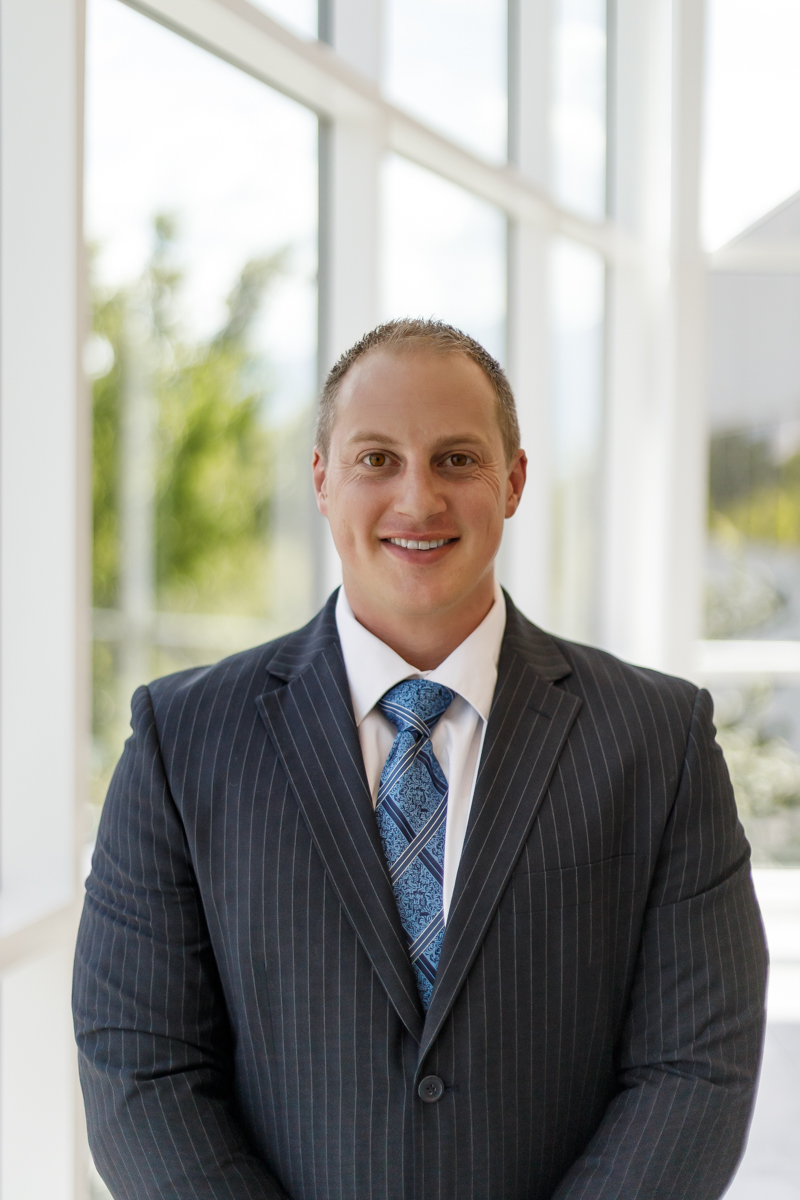
David Sant, PhD
Faculty of Research - BiostatisticianThe Sant lab works in the lab primarily on genetics and epigenetics. Vitamin C is an important cofactor for specific enzymatic reactions necessary to change epigenetic marks on DNA, and high glucose levels in diabetes cause a disruption of vitamin C levels in specific tissues. One of our main projects involves extracting DNA from various tissues and comparing the levels of certain epigenetic marks between healthy and diabetic animals. A second project in conjunction with the Bills lab and involves investigating genetic variation in individuals with chronic intractable migraines. We have observed an excess of metabolic abnormalities in individuals with chronic migraines, and it appears to be more common among families than in the general population, indicating a genetic influence. We have been meeting with individuals to take pedigrees and determine how strong the genetic influence may be. Future directions will include sequencing DNA to determine if mutations in specific pathways are more prevalent in individuals with chronic migraines than in the general population.
Email:dwsant@noordacom.org
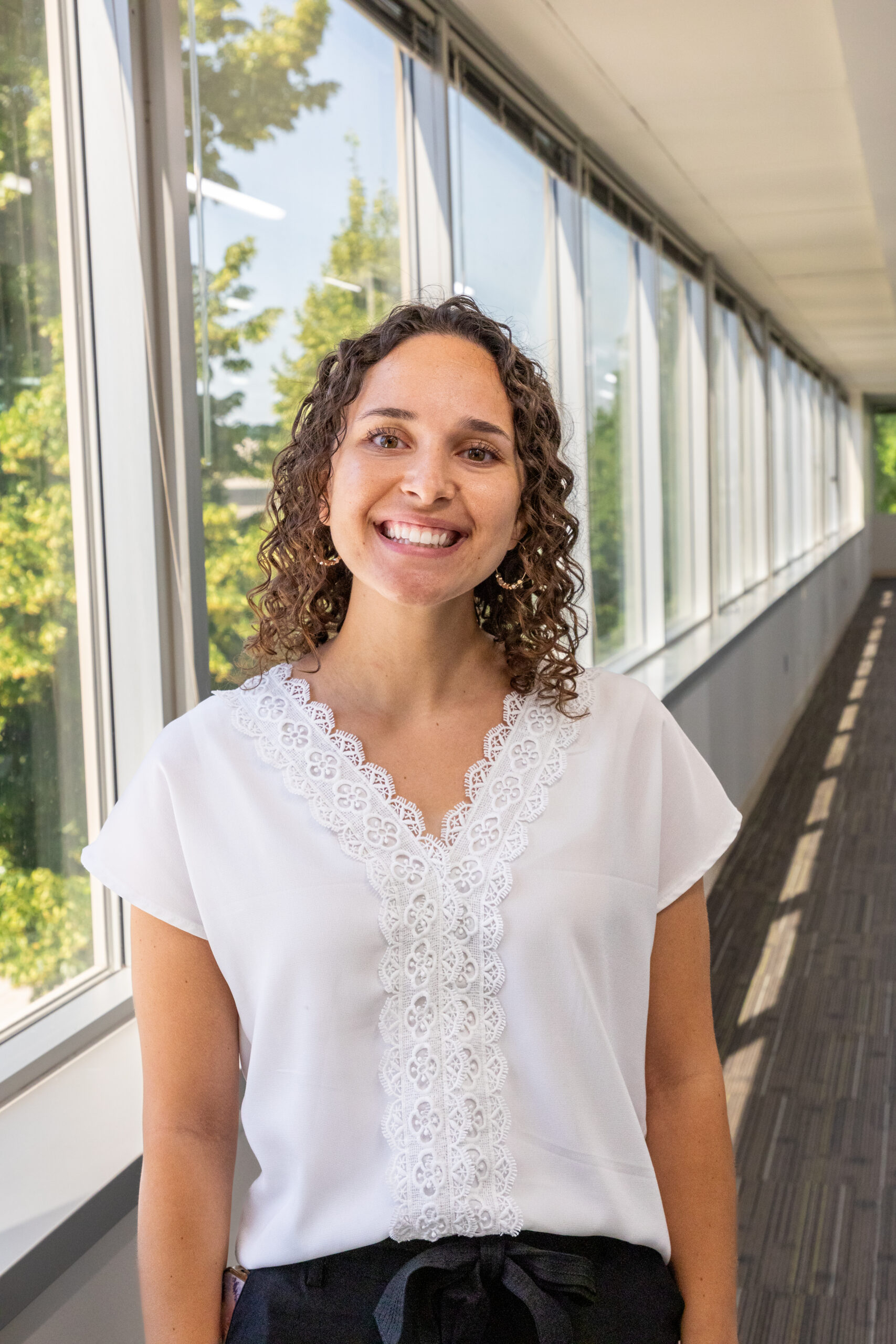
Christina Small, MS
Staff ScientistChristina is the curriculum coordinator for the Research Foundations courses. Much of her work has revolved around dopamine 2 receptor modulation in alcohol use and opiate use disorders, Parkinson’s disease, and other dopamine related disorders. She is currently assisting in Noorda COM’s research on non-pharmacological interventions for addiction and anxiety.
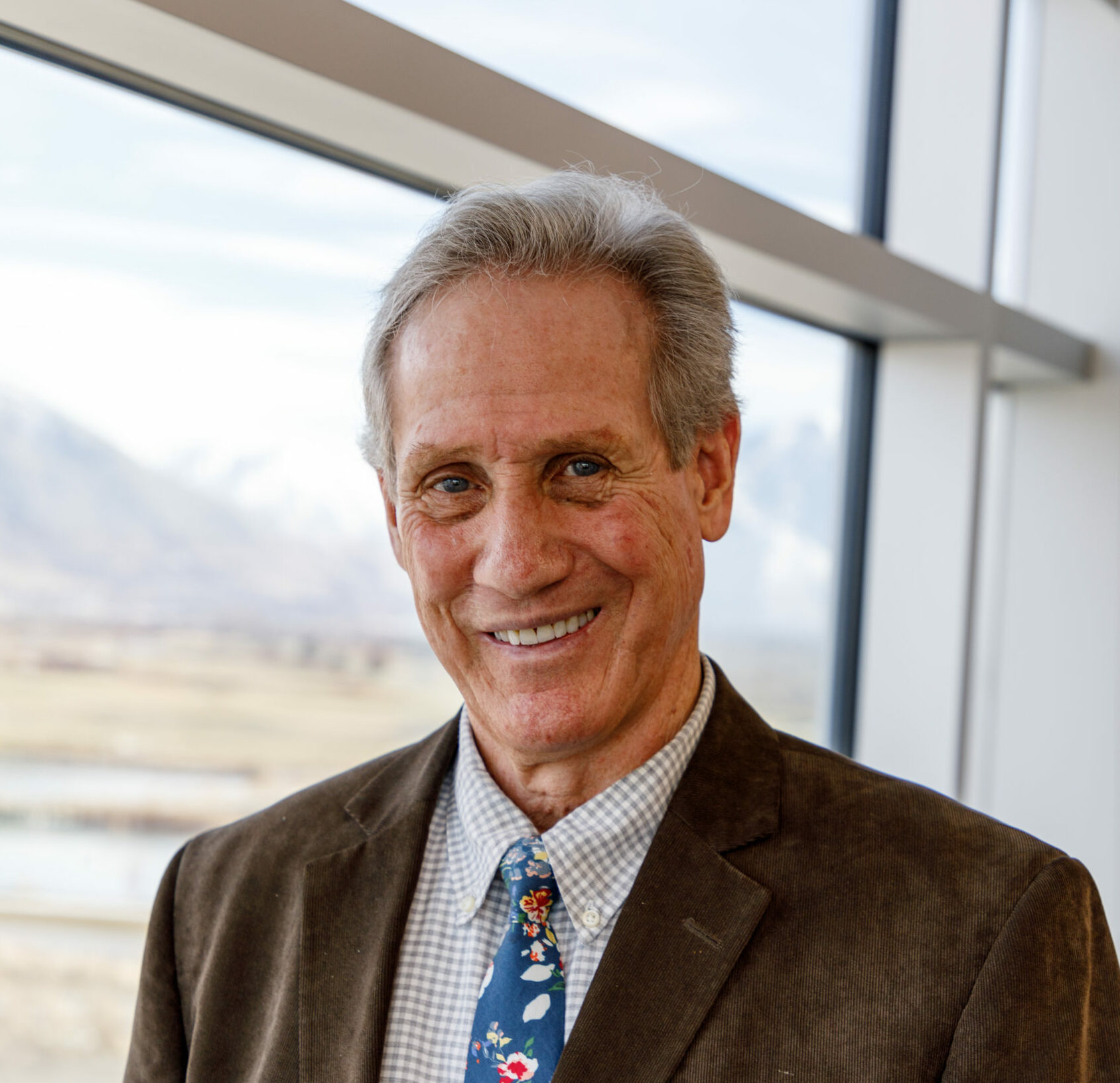
Scott C. Steffensen, PhD
Grant-funded ResearcherDr. Steffensen’s laboratory primarily utilizes electrophysiology (both in vitro and in vivo) to measure and analyze the effects of substances on dopamine (DA) release in the nucleus accumbens (NAc) of the anterior forebrain. Understanding the effects of DA is vital to understanding addiction and also the eventual clinical development of treatment. He is an emeritus Professor of Neuroscience in Research & Biomedical Science at BYU.
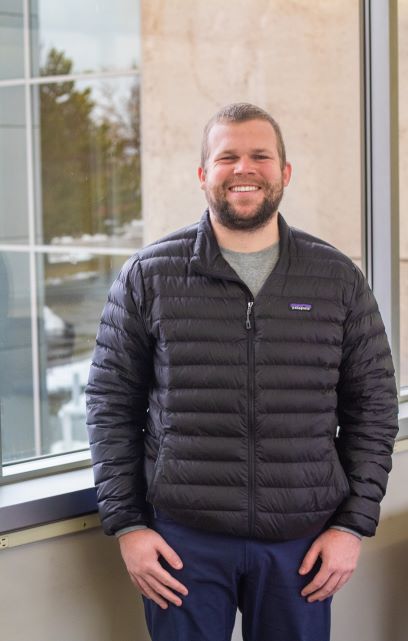
Michael Sullivan
Data Systems Developer/MLEMike’s work has contributed to several projects here at Noorda crucial to research including but not limited to: DERE, Dari Motion Capture, and live stream EEG. His current work focuses on artificial intelligence in medical education and real-time measurement of anxiety.


